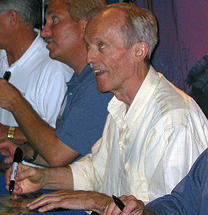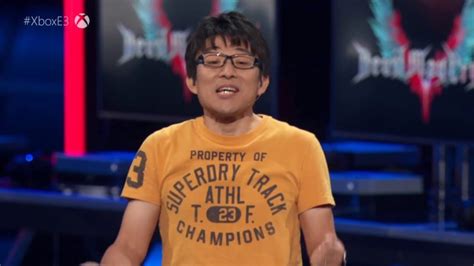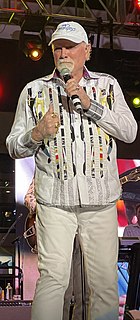A Quote by Don Bluth
I'm also very pleased that we were able to include a full orchestrated score for Dragon's Lair 3D. The 40 different music pieces blend with the action to make you feel more a part of the whole adventure.
Related Quotes
When we wrapped Resident Evil, we were a 3D movie, but it was no big deal. And then, Avatar came out and the whole of Hollywood was like, "Look at these grosses! 3D is huge. Let's all be 3D!" We just got on with doing what we were doing, which was making what we think is a really quality, kick-ass 3D movie, and we'll really be the first live-action 3D movie of the year.
The music brings me confidence and freedom. It's also the thing that can make me feel the most vulnerable. Once I finish writing all the songs for an album, once I actually record them, that whole process is usually easy and enjoyable. The part where I feel the most vulnerable is when it's all finished, I can make no more changes, I've turned it in, and there's no going back. All of a sudden I hear the songs in a different way; that's when I feel vulnerable.
I've done all sorts of different kinds of action. We did a thing in 'Blood Diamond,' the attack on Freetown, where I carefully staged the action but did not show the camera operators what we were going to film - so it has the feel of documentary, trying to capture something, and that gave it a whole different feel.
Everybody's going to do the 3D slightly differently the same way that people are going to deal with color differently. Some movies downplay the color, some color is very vibrant. Color design is very different. We've got to think of 3D like color or like sound, as just part of the creative palette that we paint with and not some whole new thing that completely redefines the medium.
'Monster Hunter' was its own series, its own franchise, and it just so happened that we wanted to make a realistic fantasy-based action game, and because we had the staff available to make something like that, we're able to make this game. The ideas for 'Dragon's Dogma' came from a completely different place.
If someone's in tears or they're leaving the show, it's hard not being able to physically reach out. But Strictly' is such a celebratory, feel-good show, full of warmth and sparkle and joy, I felt lucky to be a part of something that people were appreciating on a whole other level because they were stuck at home.
"Pieces" almost always appear 'as parts' in whole processes. ... To sever a "'part" from the organized whole in which it occurs-whether it itself be a subsidiary whole or an "element"-is a very real process usually involving alterations in that "part". Modifications of a part frequently involve changes elsewhere in the whole itself. Nor is the nature of these alterations arbitrary, for they too are determined by whole-conditions.






































